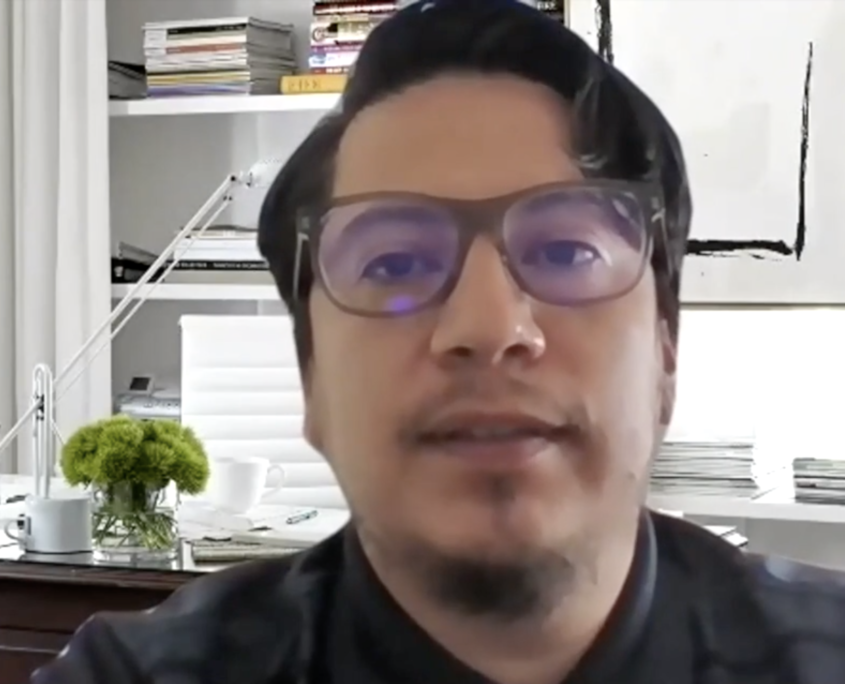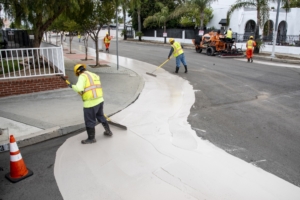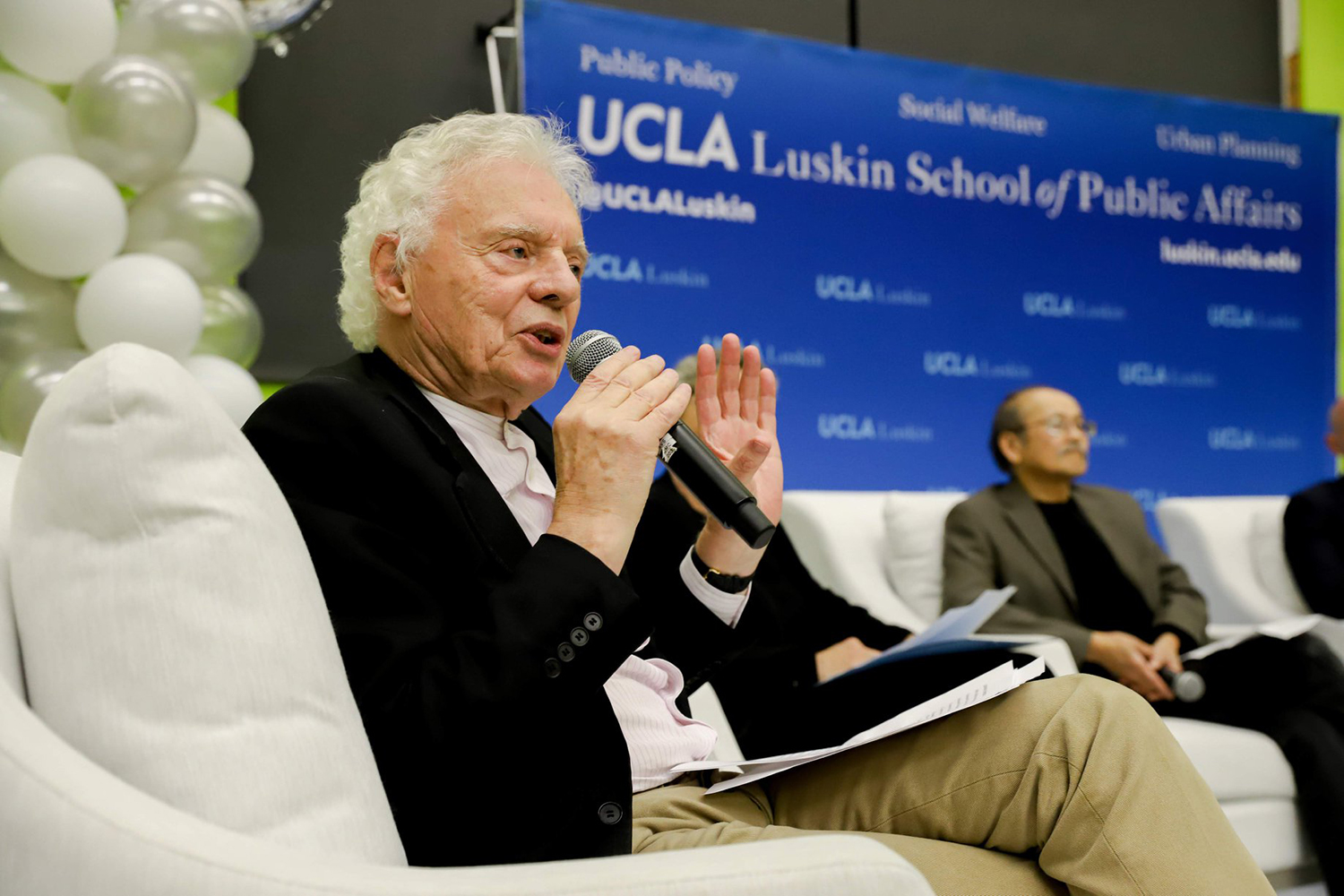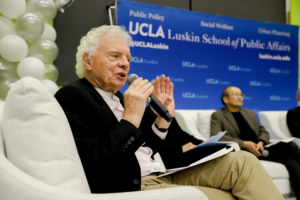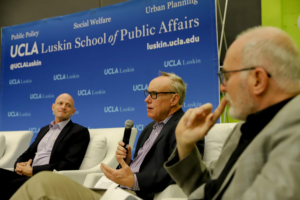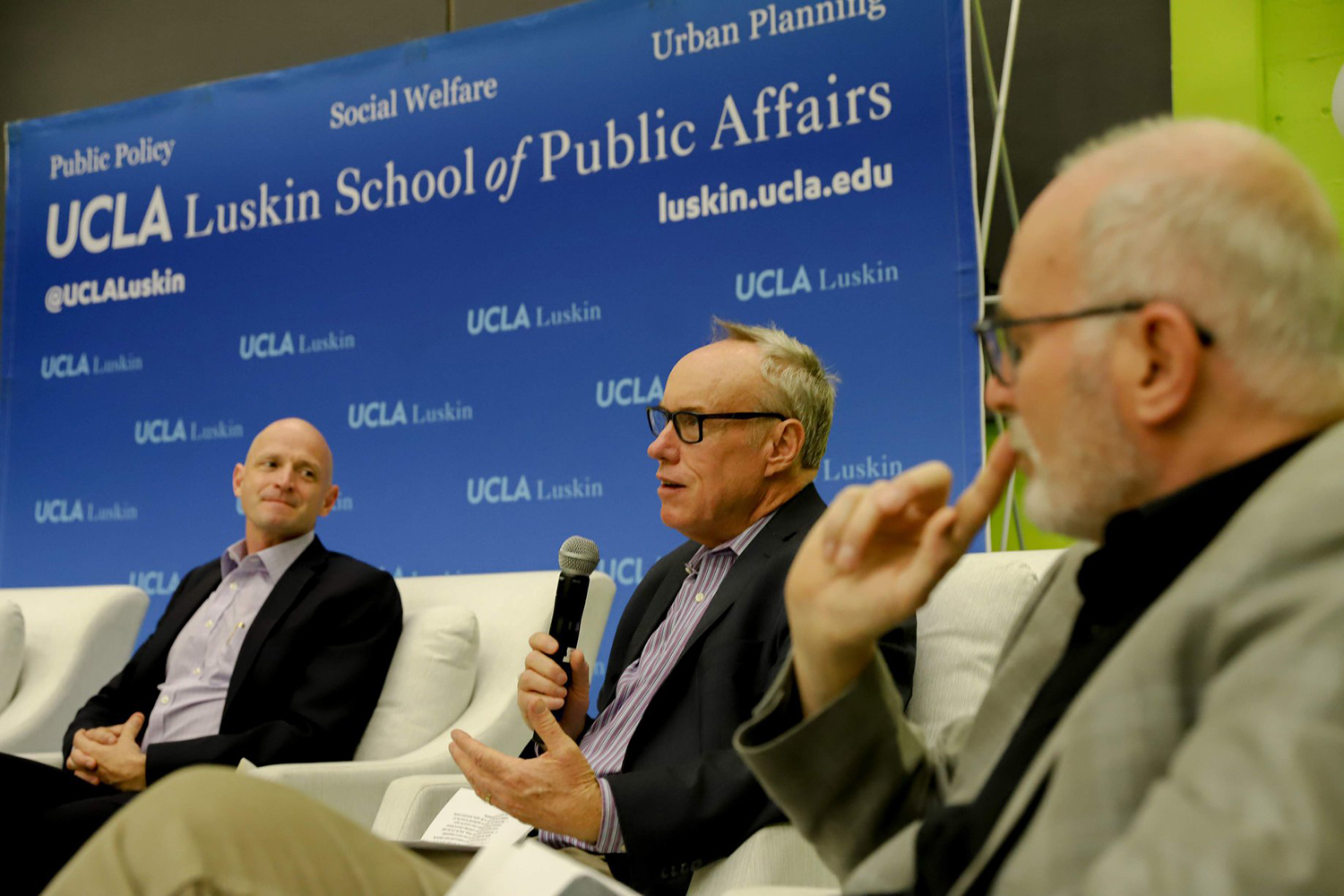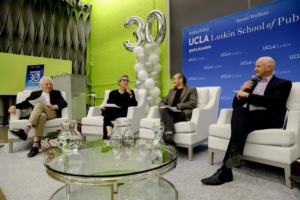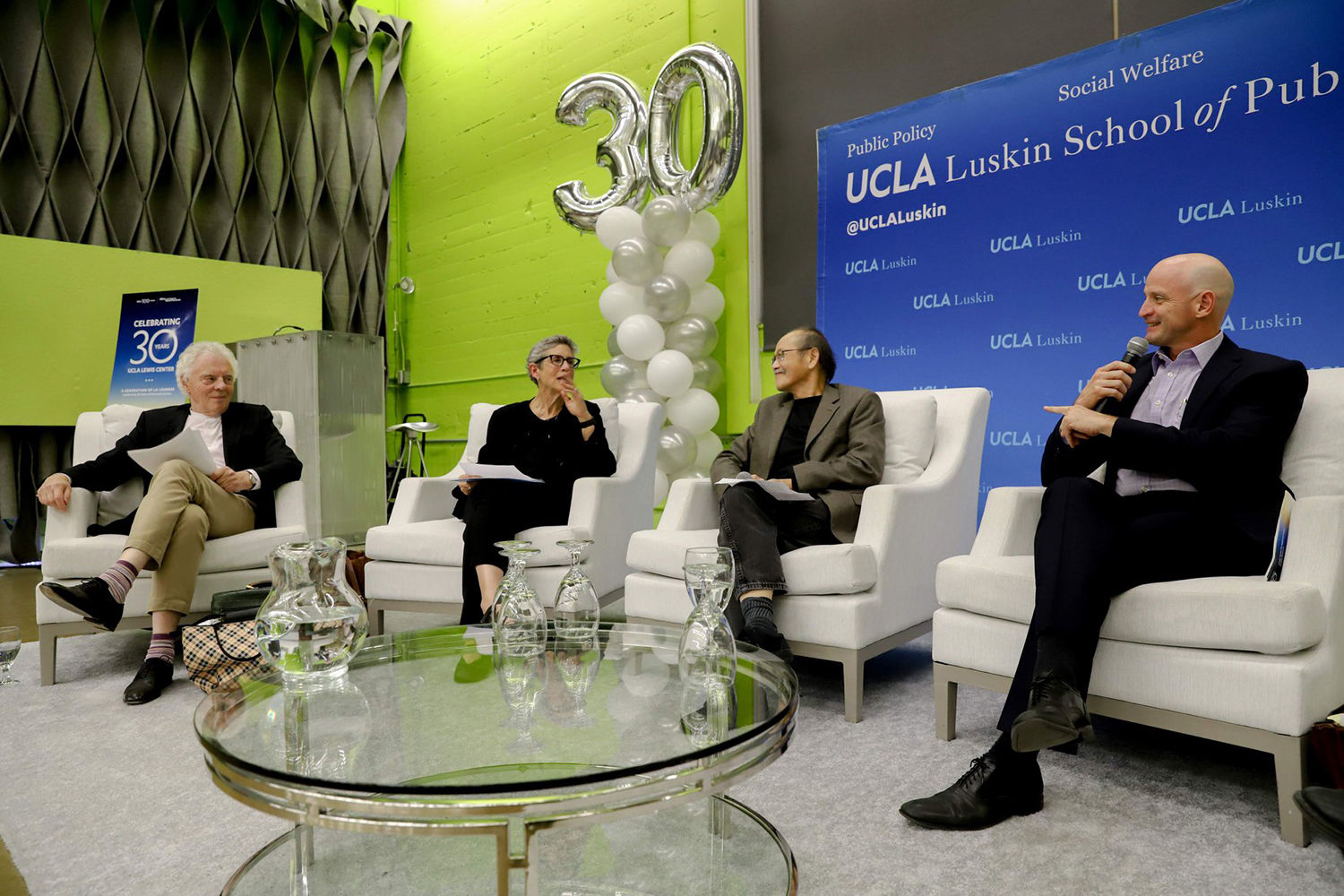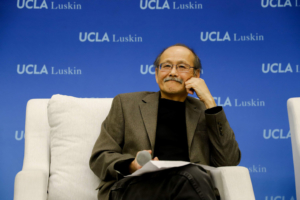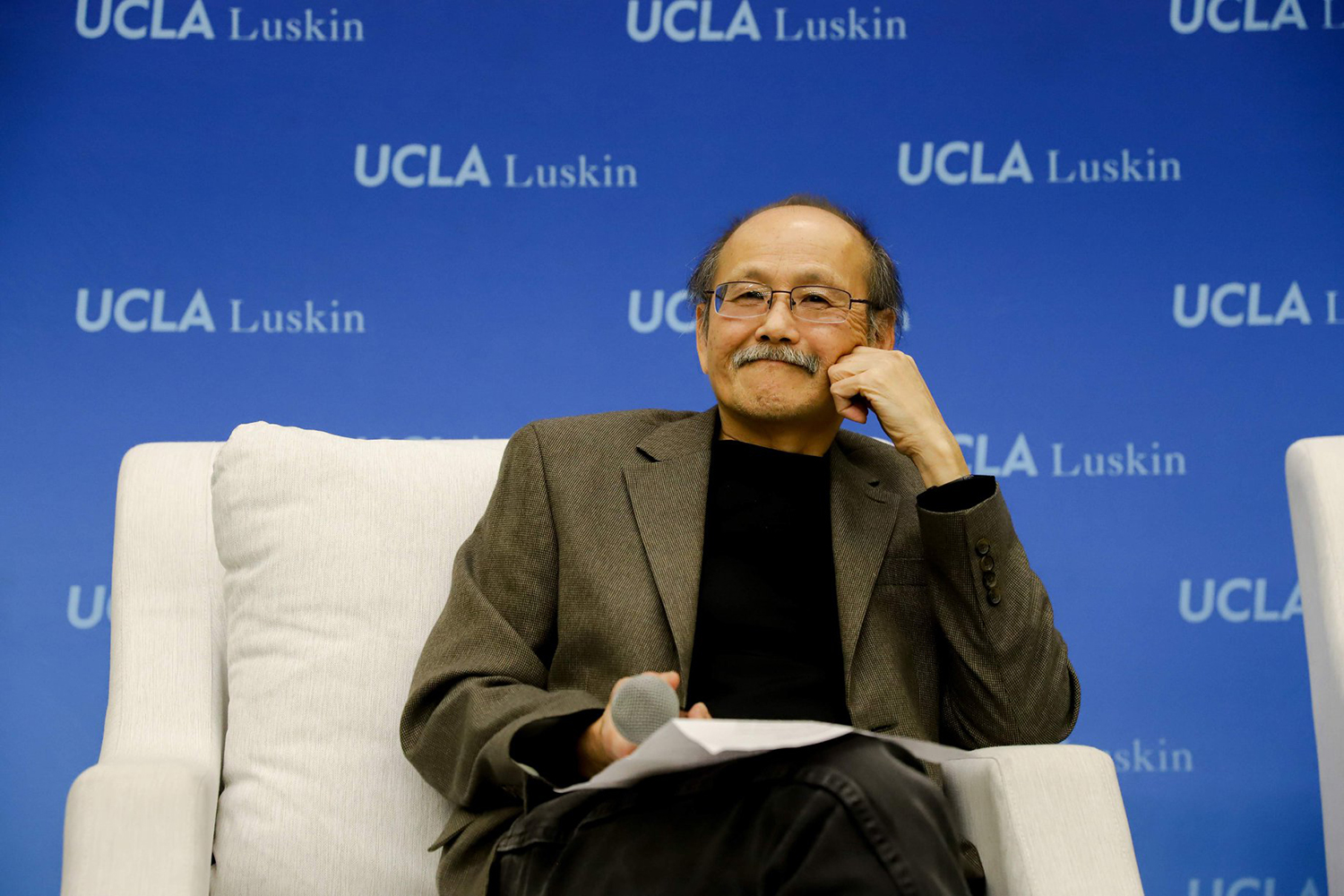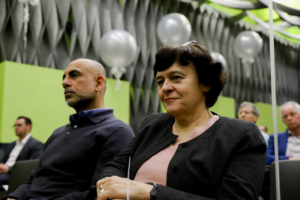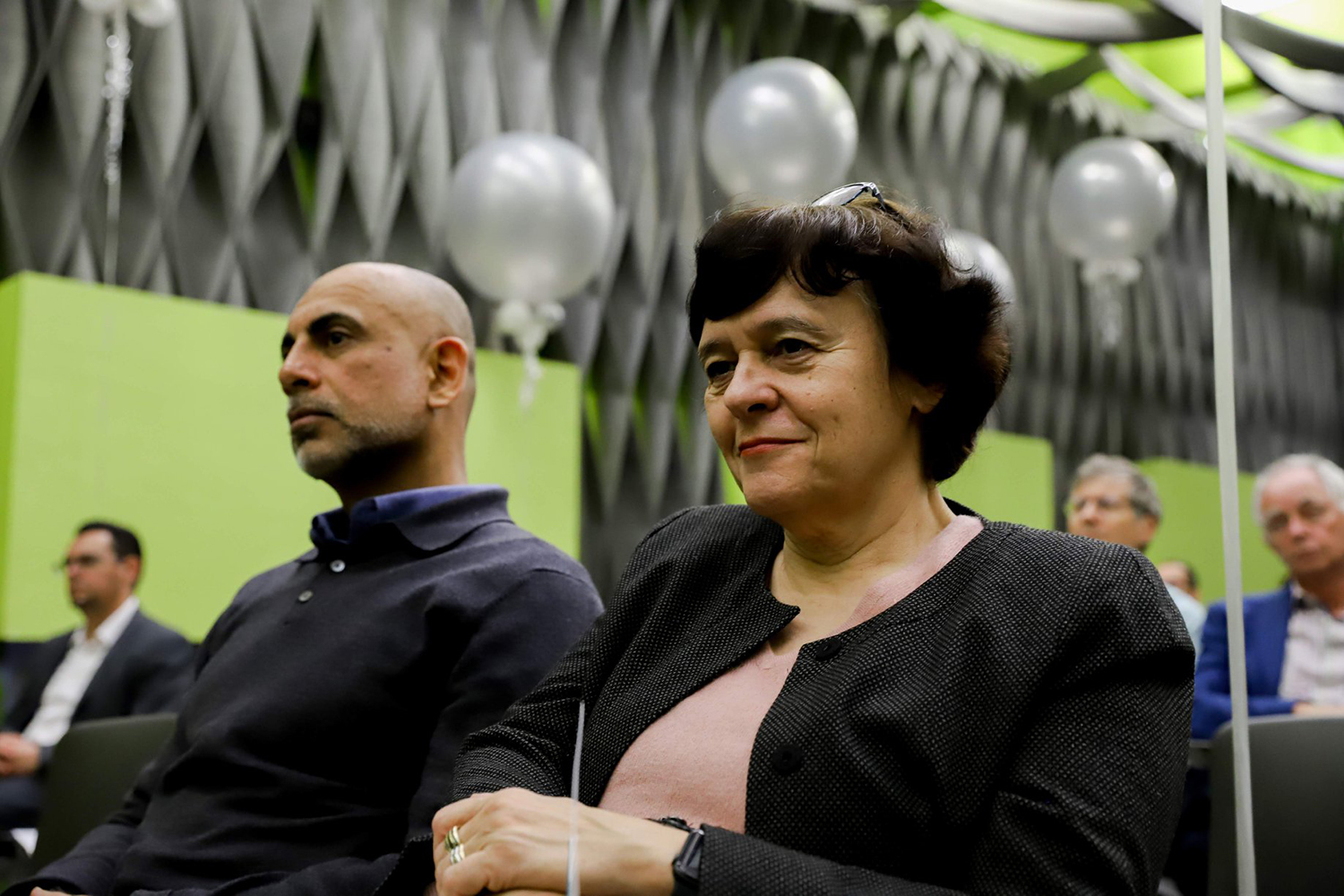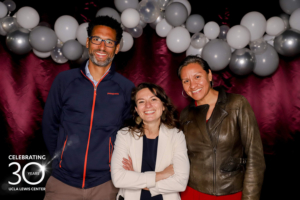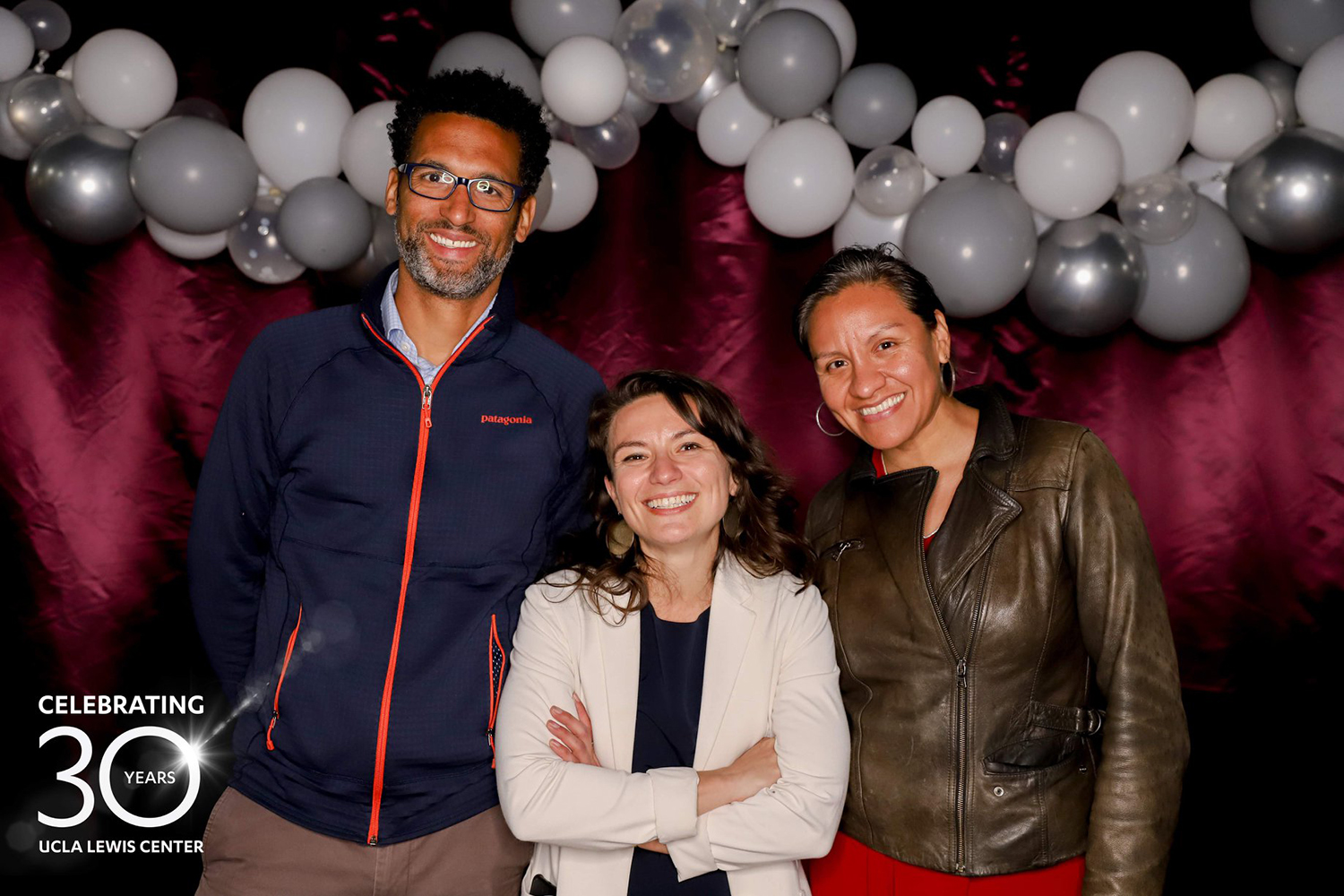4 Faculty Additions Join UCLA Luskin Social Welfare and Urban Planning Incoming academic experts focus on environmental, racial and health disparities in real and virtual environments — from social media to soil
By Stan Paul
Faculty hires in UCLA Luskin Social Welfare and Urban Planning for the new academic year bring a wealth of new research and teaching, reinforcing the School’s commitment to the health and well-being of individuals and communities.
Assistant Professor Brian Keum has joined Social Welfare. His general research emphasizes the reduction of health and mental health disparities among marginalized identities and communities. In particular, Keum studies the impact of online racism – and online racial violence – on psychosocial outcomes and health disparities. Drawing on his clinical experience, he looks at mental health issues, offline attitudinal and behavioral changes, and risky health behaviors that include substance abuse. A second area of his research is Asian American mental health, as well as multicultural and social justice issues that relate to how mental health counseling is provided.
“As a scientist-practitioner, I am excited to teach both practice and research courses,” said Keum, who will be offering graduate instruction in advanced social work practice and applied statistics in social work.
Judith Perrigo, an infant and early childhood mental health specialist, is also an assistant professor of social welfare. Amid the unusual circumstances of this academic year, Perrigo looks forward to exploring innovative teaching methods while providing meaningful learning experiences in both foundational and advanced social welfare practice courses. This includes sharing some of her recent research on how parents of low socioeconomic status with children in grades 3 to 6 are coping with the unexpected educational demands during the pandemic.
“Our findings suggest that the closure of schools and stay-at-home orders initiated by the COVID-19 pandemic exacerbated pre-existing parental involvement challenges,“ Perrigo explained, noting that families of lower socioeconomic status were more negatively impacted because they “had fewer affordances to buffer the new stressors.”
Perrigo draws from her personal background as a Salvadoran immigrant and 15 years of applied clinical work with children and families to inform her scholarship. Specifically, her research focuses on the well-being of young children — birth to 5 years old — with emphasis on holistic and transdisciplinary prevention and early intervention initiatives with underserved, vulnerable and marginalized populations.
José Loya joins Urban Planning as an assistant professor after recently completing his Ph.D. in sociology at the University of Pennsylvania. At UCLA Luskin he will teach quantitative analysis in urban planning and a seminar on Latino urban issues in the spring.
“My research focuses on ethno-racial disparities in the mortgage market, before, during and after the Great Recession. More generally, I am interested in the barriers minorities face in the homeownership market,” said Loya, who is also a faculty associate at the UCLA Chicano Studies Research Center.
“I am excited to join UCLA’s Luskin School of Public Affairs and working and engaging our students in the community,” added Loya, who worked for several years in positions related to community development and affordable housing in South Florida. He then earned a master’s in statistics from the Wharton School of Business at the University of Pennsylvania. “I’ve already moved to Los Angeles, so I’ll be here locally even if courses are online,” Loya said.
Kirsten Schwarz, who holds a joint appointment as an associate professor of urban planning and environmental health sciences, started at UCLA by co-teaching policy analysis for environmental health science in the spring 2020 quarter.
“Virtually teaching my first class during a global pandemic and social uprising was not how I expected to kick off my career at UCLA,” Schwarz said. “But I was so impressed, and encouraged by, the flexibility, compassion and integrity that the students brought to the experience. It was certainly memorable.”
Schwarz is an urban ecologist working at the interface of environment, equity and health. Her research focuses on environmental hazards and amenities in cities and how their distribution impacts minoritized communities. She recently led an interdisciplinary team through a community-engaged green infrastructure design that integrated participatory design and place-based solutions to achieve desired ecosystem services.
“I’m interested in connecting those areas right between urban planning and environmental health sciences,” said Schwarz, whose work on lead-contaminated soils has helped document how bio-geophysical and social variables relate to the spatial patterning of lead in soils.
Most recently she received a transdisciplinary research acceleration grant from UCLA’s Office of Research and Creative Activities in conjunction with Jennifer Jay, a professor in UCLA’s Department of Civil and Environmental Engineering. Their proposal, “Multimedia Assessment of Children’s Lead Exposure in Los Angeles,” will involve work with graduate students in Civil and Environmental Engineering.
Schwarz also has expertise in science communication and in engaging communities in the co-production of science. She has been recognized by the American Association for the Advancement of Science (AAAS), which named her a 2018-2019 Fellow in the Leshner Leadership Institute in the Center for Public Engagement with Science and Technology. Prior to
joining UCLA, she was an associate professor of environmental science at Northern Kentucky University, where she directed the Ecological Stewardship Institute.
Several other faculty searches have been completed, with four additional faculty members set to join Social Welfare and Urban Planning in the coming year. Those new additions include Adam Millard-Ball, who will arrive in January as an associate professor of urban planning, coming from the University of California, Santa Cruz. Millard-Ball holds a doctorate from Stanford University’s School of Earth Sciences and was selected in the urban data science search. He studies environmental economics and transportation, “adding to our strengths in those fields,” said Dean Gary Segura in a memo announcing his appointment.
Mark Vestal, also starting in January, was selected as an assistant professor by UCLA Luskin Urban Planning in a search on critical Black urbanism, Segura announced. A historian by training, Vestal’s work looks at the history of discriminatory planning and housing policy in Los Angeles and beyond.
Fall 2021 newcomers will include Margaret “Maggie” Thomas in Social Welfare and Veronica Terriquez in Urban Planning.
Thomas is a scholar of family and child well-being and is completing her Ph.D. in social work at Boston University this year. She previously earned an MSW degree from the University of Illinois. Her work focuses on young children in families facing serious economic hardship, as well as children and youth from minority communities and with LGBTQ identities.
Terriquez has been jointly appointed to Urban Planning and UCLA’s Department of Chicano Studies where she will take on the leadership of the Chicano Studies Research Center at UCLA. Terriquez, who earned a Ph.D. in sociology at UCLA, returns to the Westwood campus from UC Santa Cruz. Her work is principally focused on youth and young adult social development, leadership and intergroup relations, and how they are affected by various public policies.
